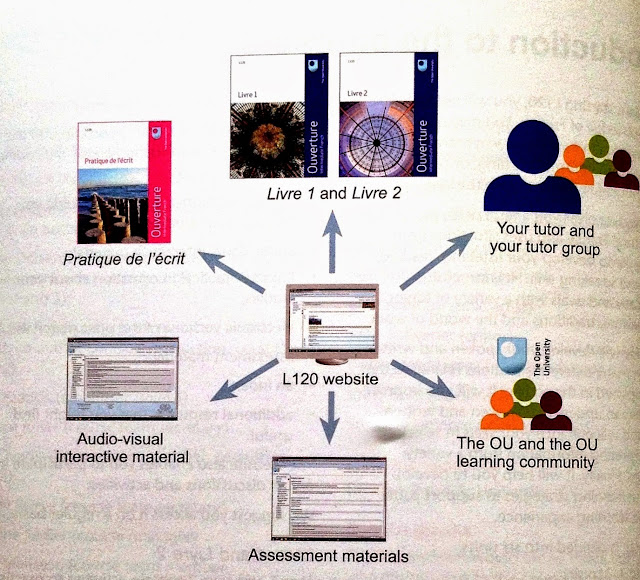Fig.1. L120. Ouverture. Intermediate French
Revelations and reflection. Activité 1
Whilst my comprehension is 90% correct the mistakes I make could be and were/are a significant problem if or when working in France. I get dates like 1936, but can too easily mistake 17h00 for 19:00 i.e. 'dix sept heure' is NOT seven O'clock of course, but by the 24 hour clock it is 7. I'm also lazy: I chance my response where I could have listened a second time and got something correct.
It is far too easy, when only listening, to make up a meaning for a new word and therefore make major mistakes.
Translating, as if literally to English is a huge mistake. A couple of examples include the use of the word 'profiter' in French which as nothing to do with 'making a profit', but rather, a nuanced English use, 'to take advantage of ...' in this instance, the sun and sea on a holiday by the coast in the summer.
Fig.2. Learning where, what and why 'Pondichéry' is. A bit of history and geography with L120
Lack of adequate understanding of how France has retained some of its tiniest colonies around the globe as 'French departments' had me wondering why an indian looking gentleman could possibly come from a small island in the south atlantic, actually he was taking about the south of india. And I neither knew where, nor can I still pronounce this one:
Fig.3. La Ciotat
It would be brilliant if when listening to a French person you could have their words as subtitles ... maybe this is a trick that Google glass will deliver in due course. Not a translation, but the words as text to help with comprehension until you can hear and see for yourself the words that are being used without making it up or guessing.
I jotted down a few linking phrases, those fillers too that we use that add colour and credibility to any spoken language:
- car
- bonne
- ailliers
- plutôt
- ça depends
Checking the spelling was vital too, and not just figuring out how to get the French accents on the QWERTY keyboard but doing so. I had 'ailleurs' as 'yiers' or some such.
And also a few terms and phrases that I liked, possibly because of the English derivations or equivalents and will use:
- le rush d'été
- tourisme en masse
- idéale
Pronounce a word like 'idéale' correctly and you can fool them that you are French ... you can even take French words we use in English and add a French accent, though saying 'amelioration' is equally pretentious in both languages. Many French people when speaking English will trip on the word 'Idea' and pronounce it 'Idéa' even if they've lived here for decades; who'd correct them though?
A few hours into L120 and of course I crave to be back in France
I must also reflect on the learning design and platform. I've done a year of Rosetta Stone - the ultimate 'gamified' language learning platform. L120 does, understandably, feel more like being back at school. But that's what I need; it shouldn't be easy to learn anything, or how else can you learn? Rosetta Stone becomes very repetitive. You learn through tireless repetition, through immersion and ultimately by default. You won't ever be able to say why a thing is done one way or another, just that it is ... that it sounds or feels right. i.e. how an infant learns a language.
As a adult learner I think we need to be told why a thing is too i.e. have a variety of ways, even if it takes a few moments to think about it, to get something right.
A very, very different way to learn that taking a humanities module, but also exploiting many e-learning tools and methodologies in a different way. I have to wonder how such practices could translate into other subjects, that learning some things 'parrot fashion' could be beneficial whether learning history, geography or medicine: that you have to have the accurate facts and figure in your brain before you can use these facts.
On verra.
Why blog this?
There are a number of ways to look at this: the value to me, and as I perceive it the value to others ... playing the game and my belief and understanding of how learning online in a 'connected' world works.
The value to me: as a learning journal. A record, tagged liked this, is a fabulous aide memoir. I could and nearly did do this on paper, but these get lost. I couldn't find a new exercise book anyway.
The value to others: the spirit of learning in the OU community, particularly in the student forums for your own module, is to share your thinking in order to stimulate and engage in an asynchronous conversation: had I been on a residential course much of the above would have come out over coffees and meals.
So why blog 'to the world', and in my case copy this or some if it, in due course to my external blog 'my mind bursts'?
Pride in the Open University is part of it. Why not plug something I love and would recommend to others?
Comments and contact: The stats say and I know that comments form a tiny fraction of viewers to a page, perhaps as low as 1%. Just this 1% I find of huge value; by finding a common interest, often beyond the confines of the module and this intake of students, I find the information begins to embed in my longterm memory. I know no other way of doing it as my brain is my sieve than sponge - everything gets filtered out and transformed unless I engage with it in a variety of ways.
And I am as interest in the e-learning and learning design of a module as I am in the content that I wish to learn. I have those interested in e-learning too to share with.

























